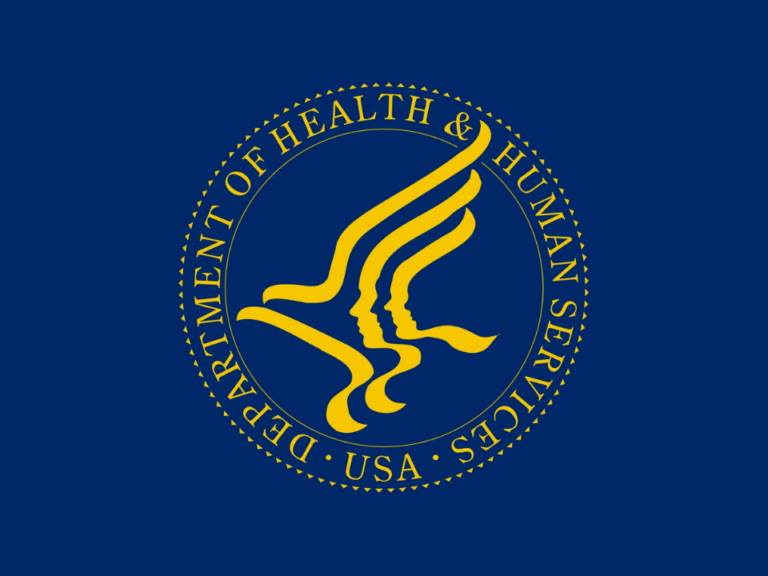AstraZeneca said the FDA has accepted a supplemental New Drug Application for the use of Tagrisso (osimertinib), a third-generation, irreversible epidermal growth factor receptor tyrosine kinase inhibitor with clinical activity against central nervous system metastases, in the 1st-line treatment of patients with metastatic non-small cell lung cancer whose tumors have EGFR mutations (exon 19 deletions or exon 21 (L858R) substitution mutations).
The FDA has granted Tagrisso Priority Review status, and previously granted Breakthrough Therapy Designation for TAGRISSO in the 1st-line treatment of patients with metastatic EGFR mutation-positive NSCLC.
The submission acceptance is based on data from the phase III FLAURA trial, in which Tagrisso significantly improved progression-free survival (PFS) compared to current 1st-line EGFR-TKIs, erlotinib or gefitinib, in previously-untreated patients with locally advanced or metastatic EGFRm NSCLC.
On Sept. 28, 2017, the NCCN Clinical Practice Guidelines in Oncology were updated to include the use of Tagrisso in the 1st-line treatment of patients with locally advanced or metastatic EGFRm NSCLC. The use of Tagrisso in this indication is not yet approved by FDA.
Tagrisso once-daily tablets are approved by the FDA for the treatment of patients with metastatic EGFR T790M mutation-positive NSCLC, as detected by an FDA-approved test, whose disease has progressed on or after an EGFR TKI therapy.









